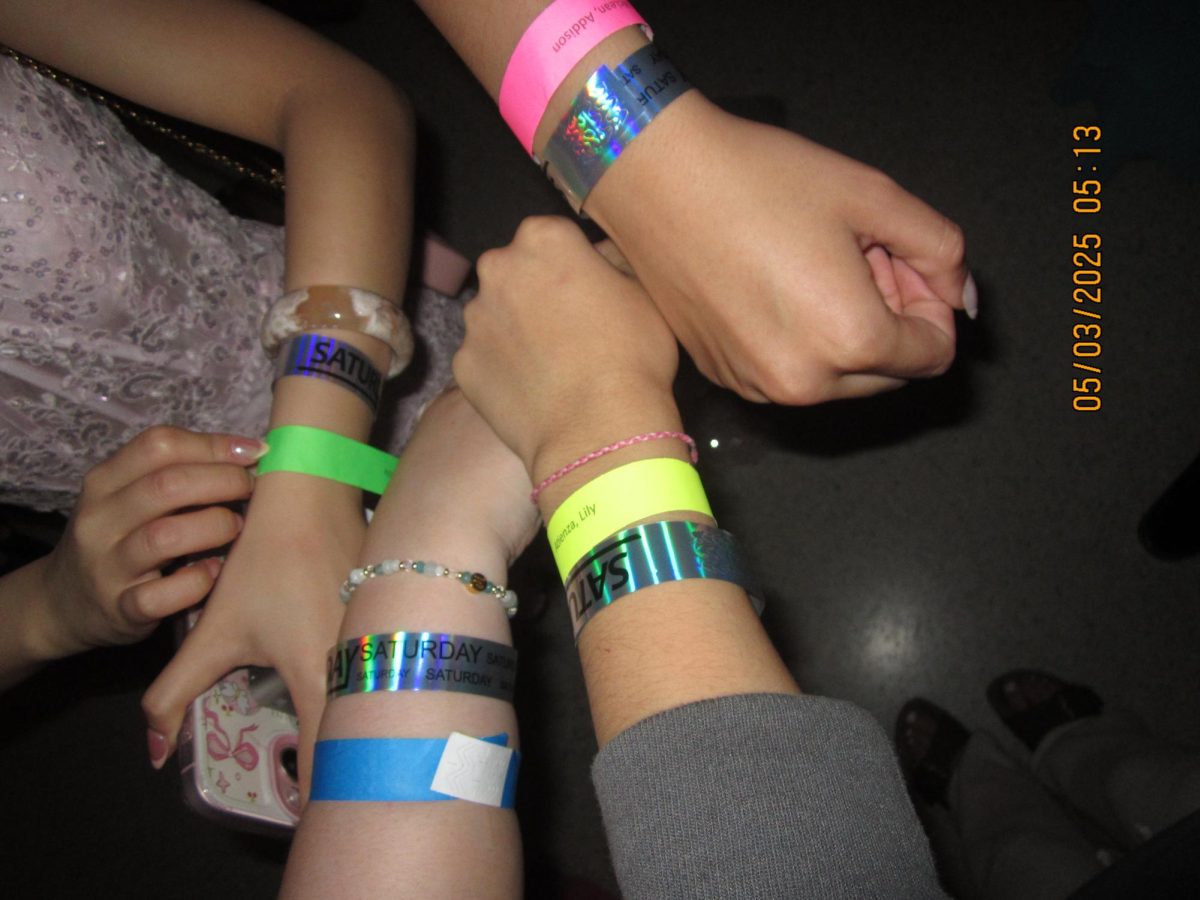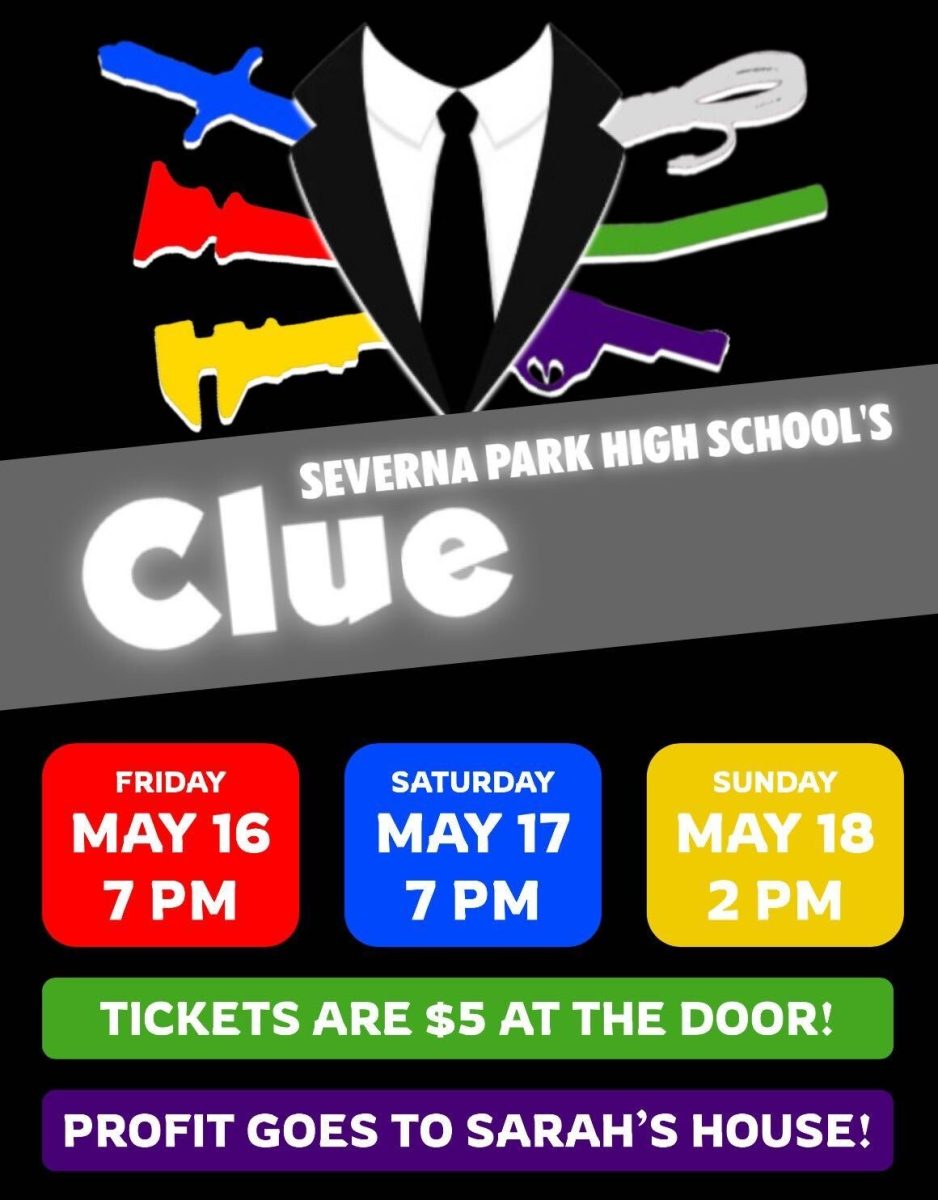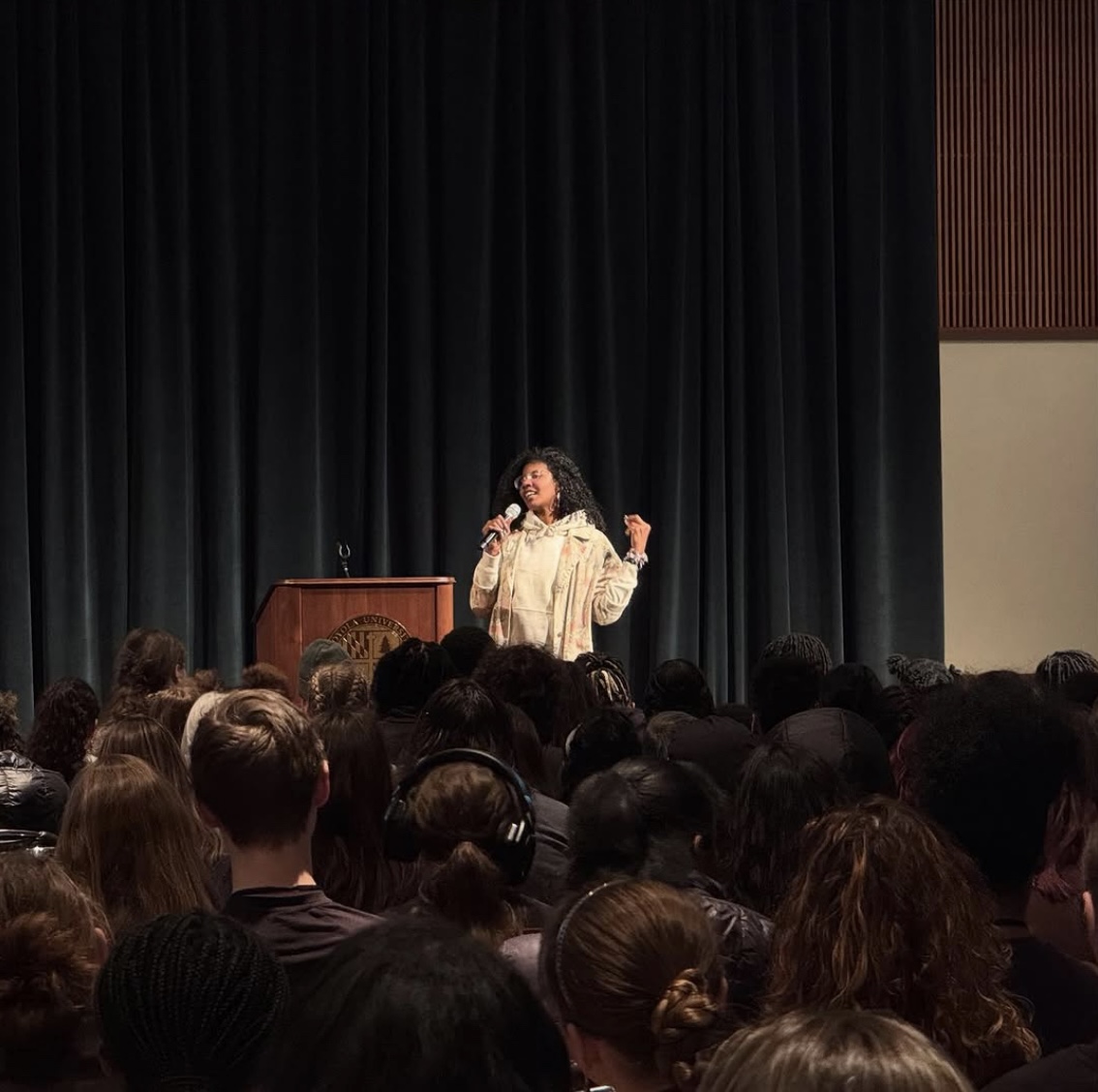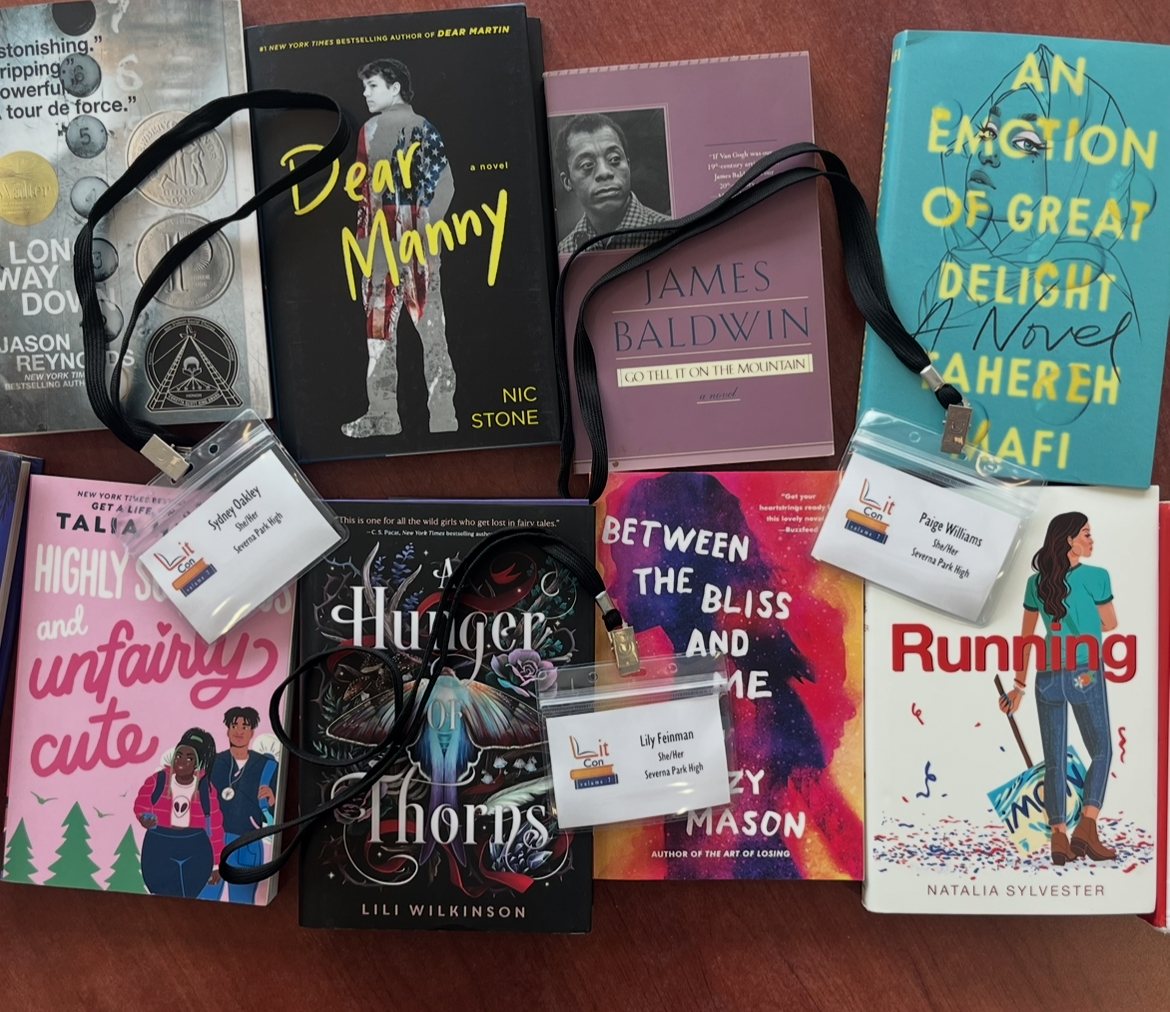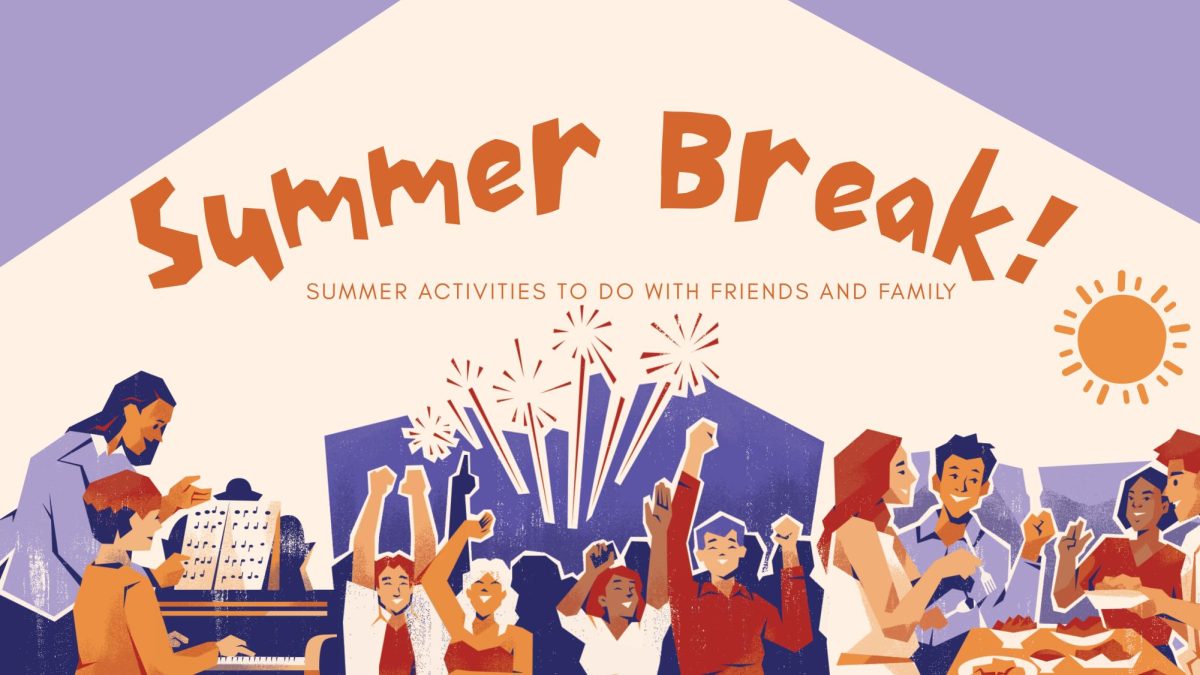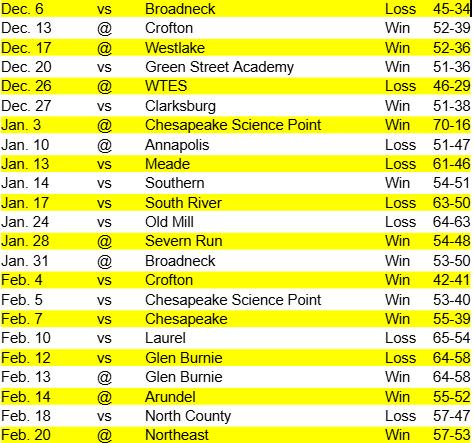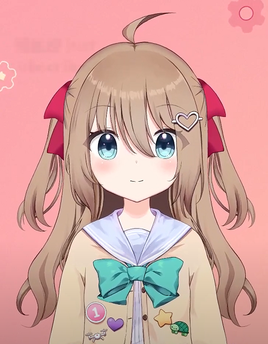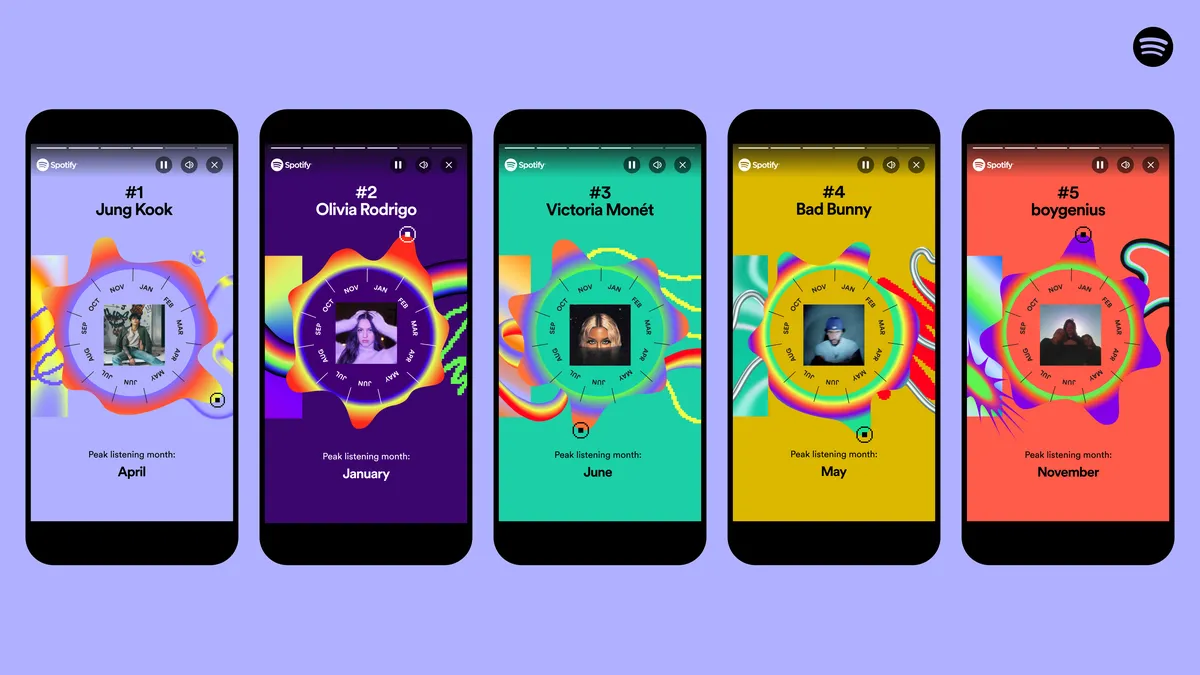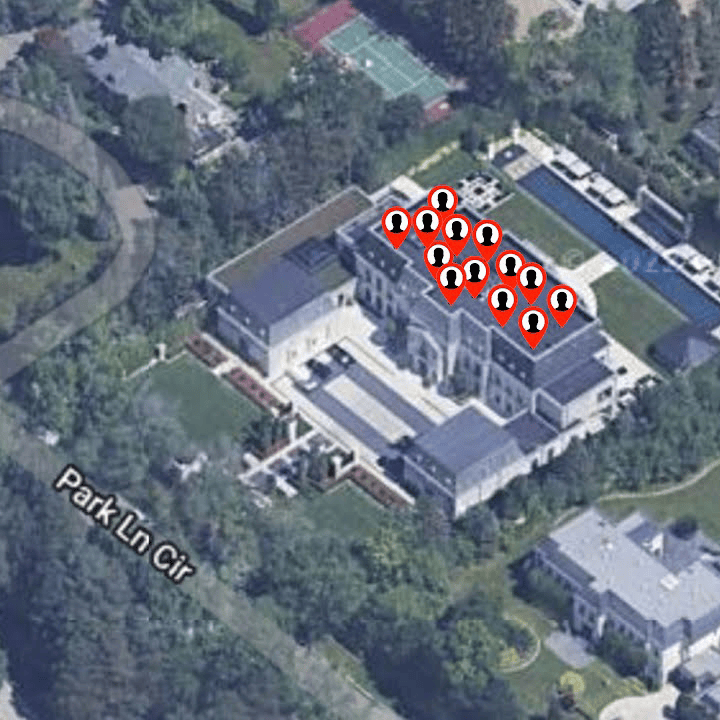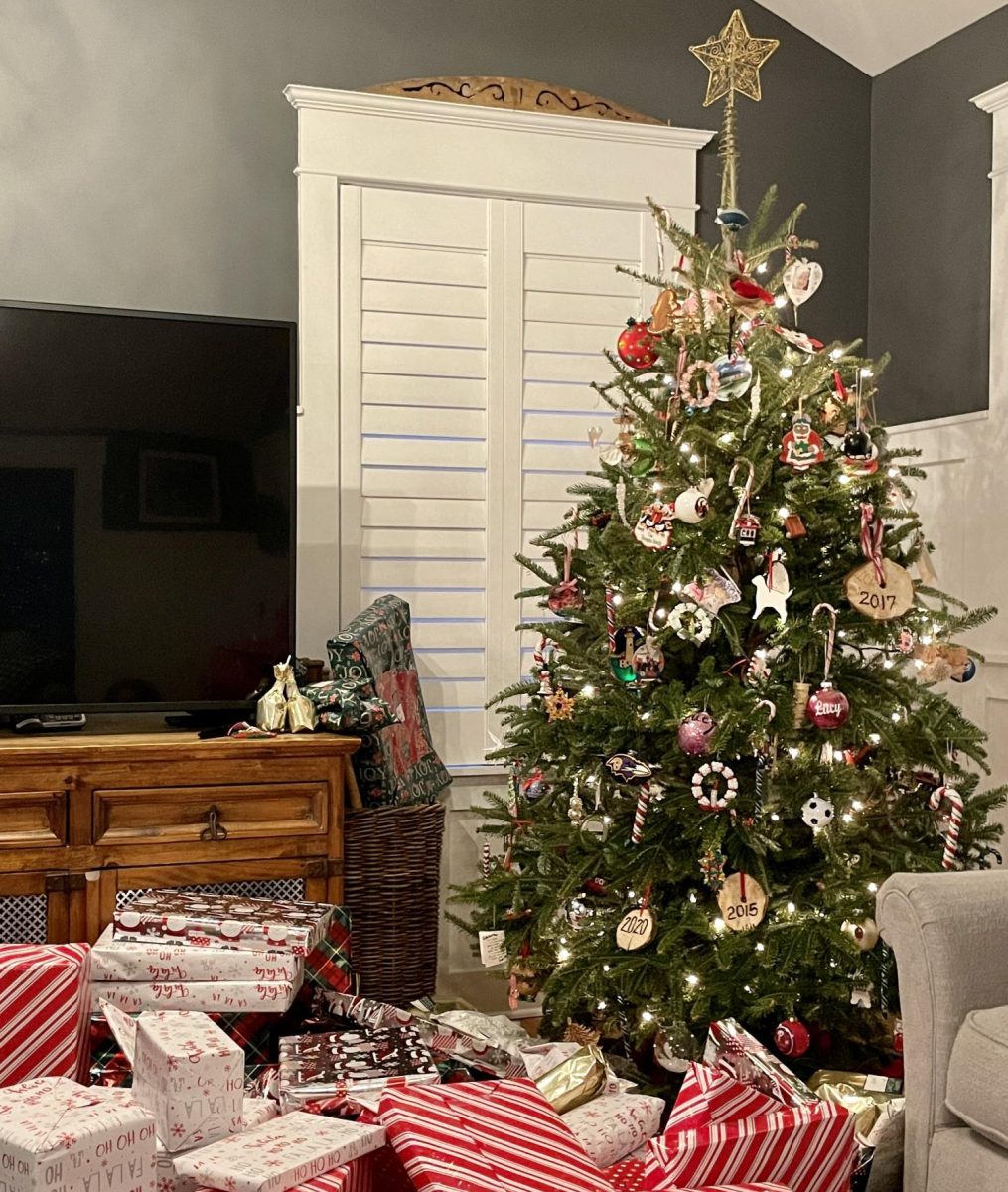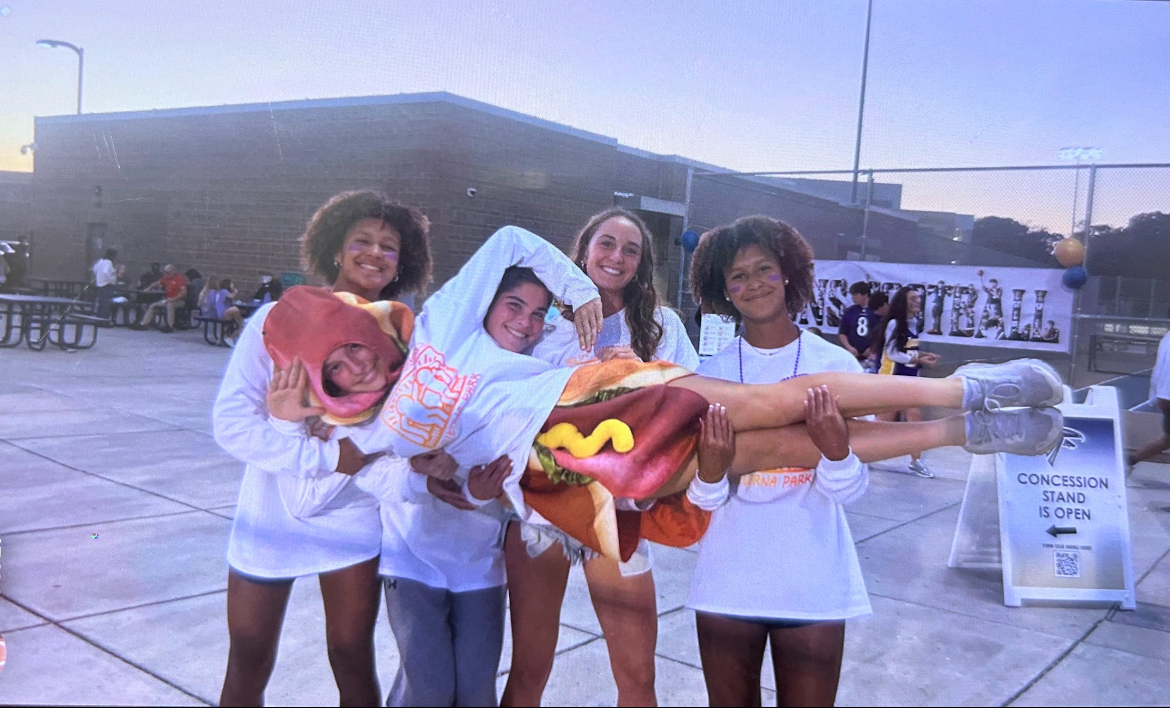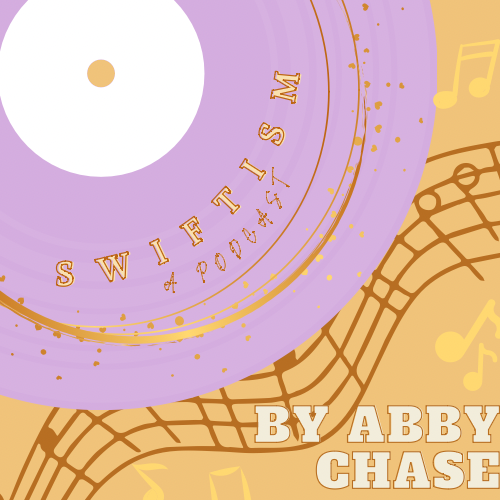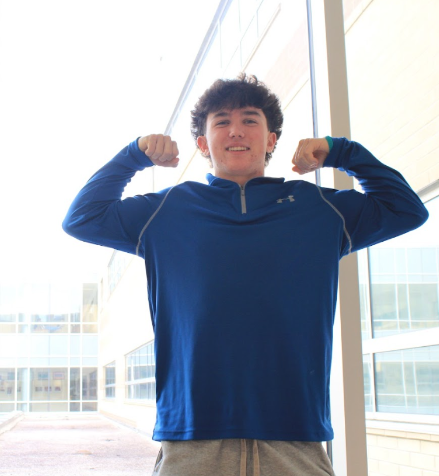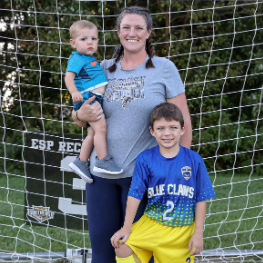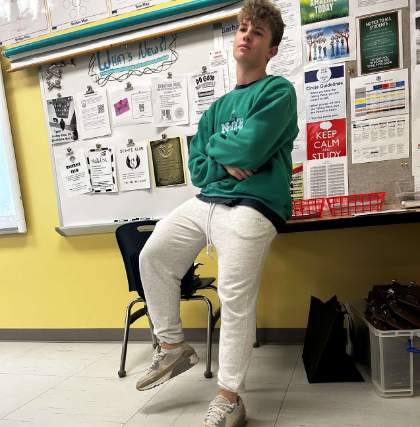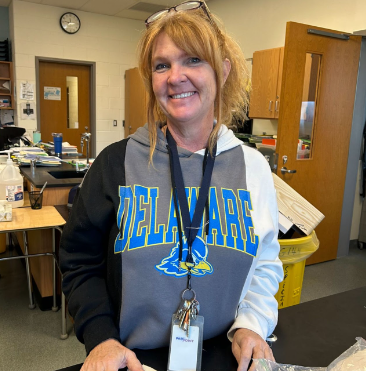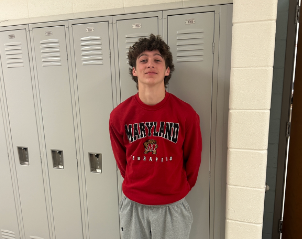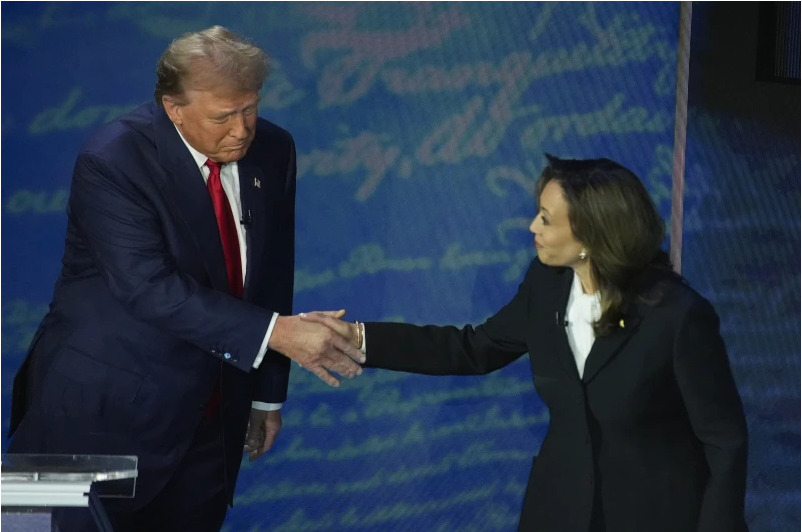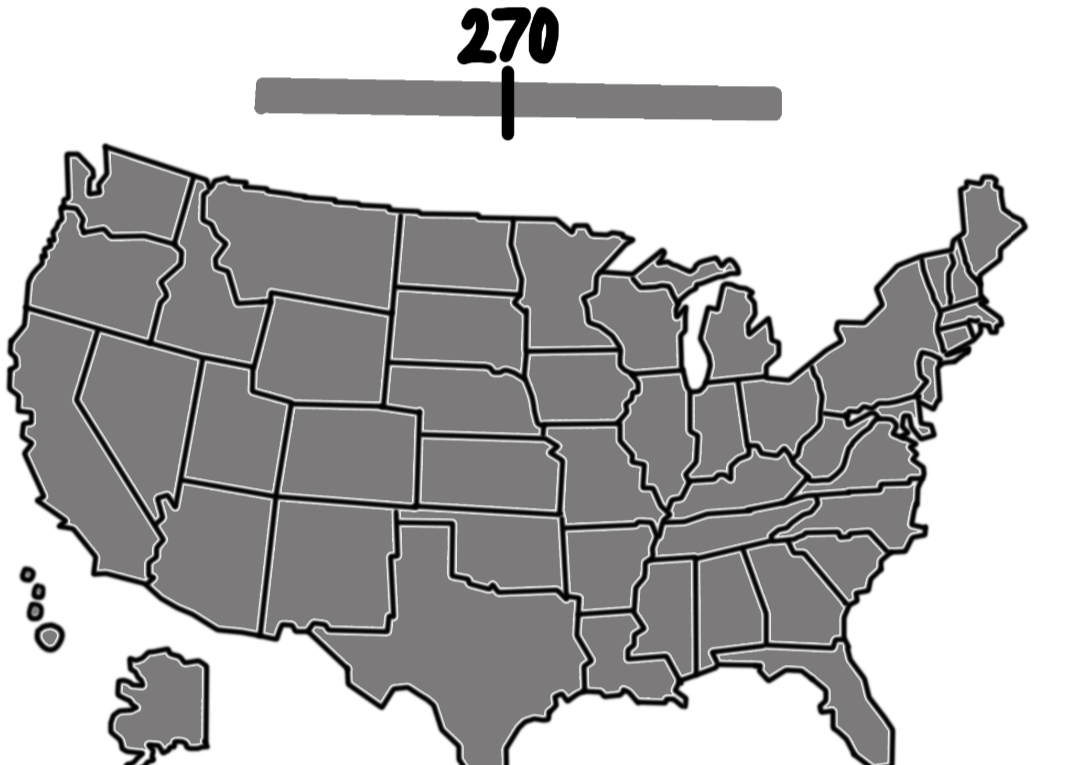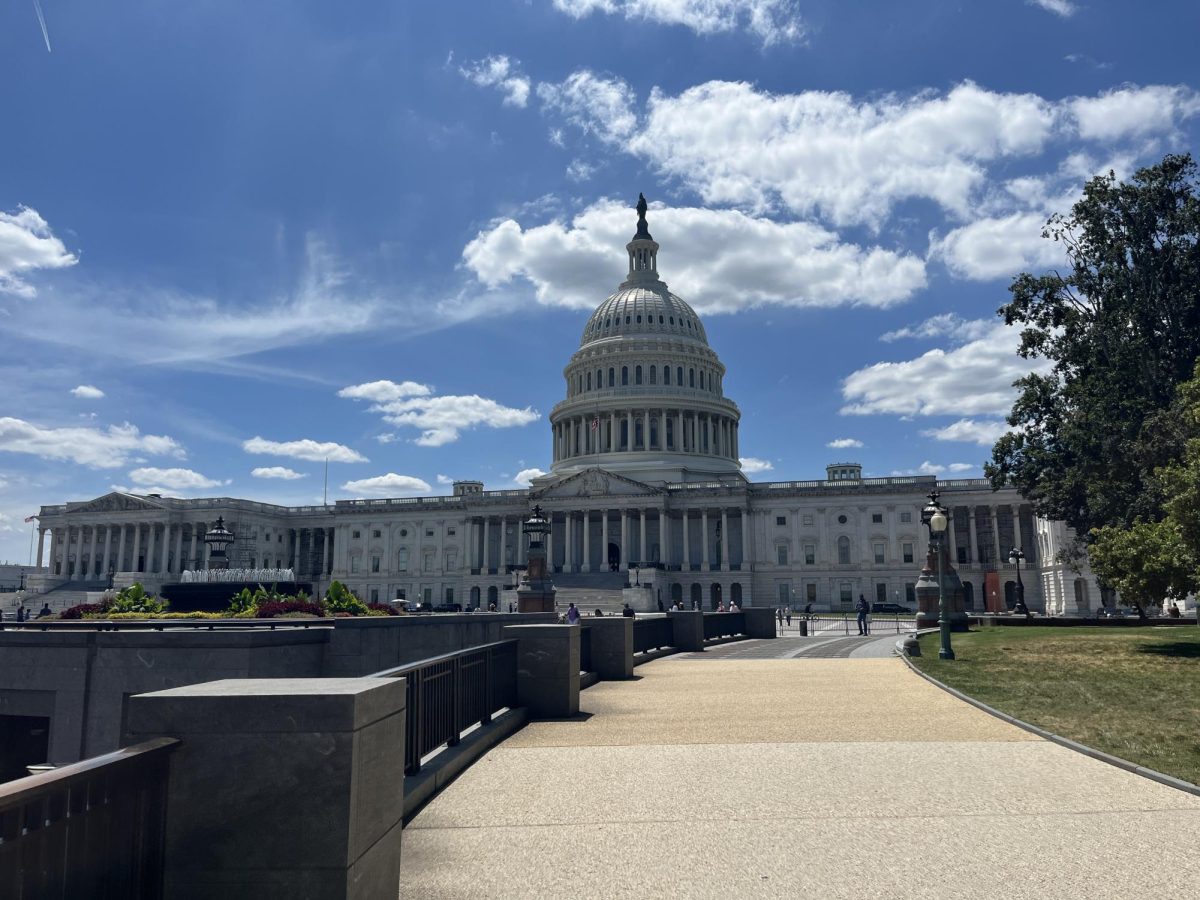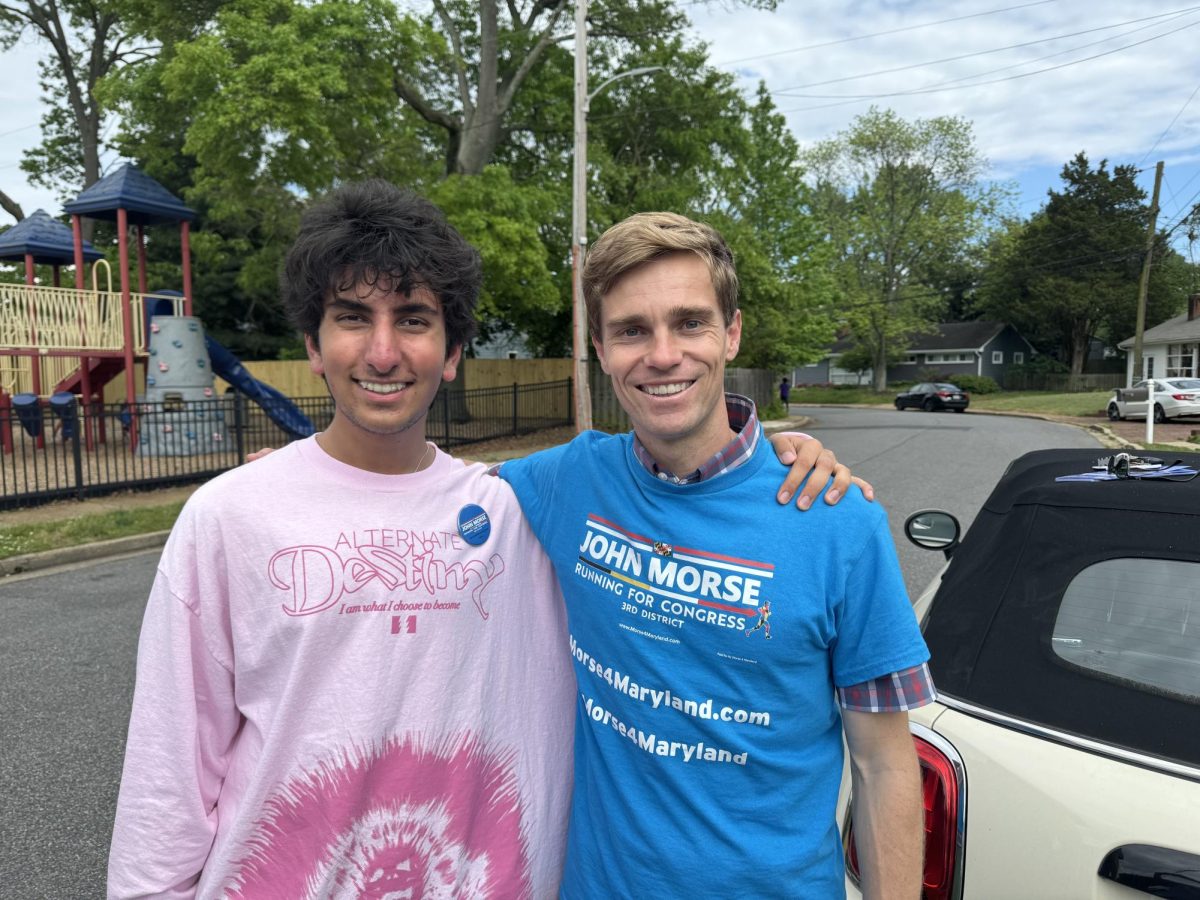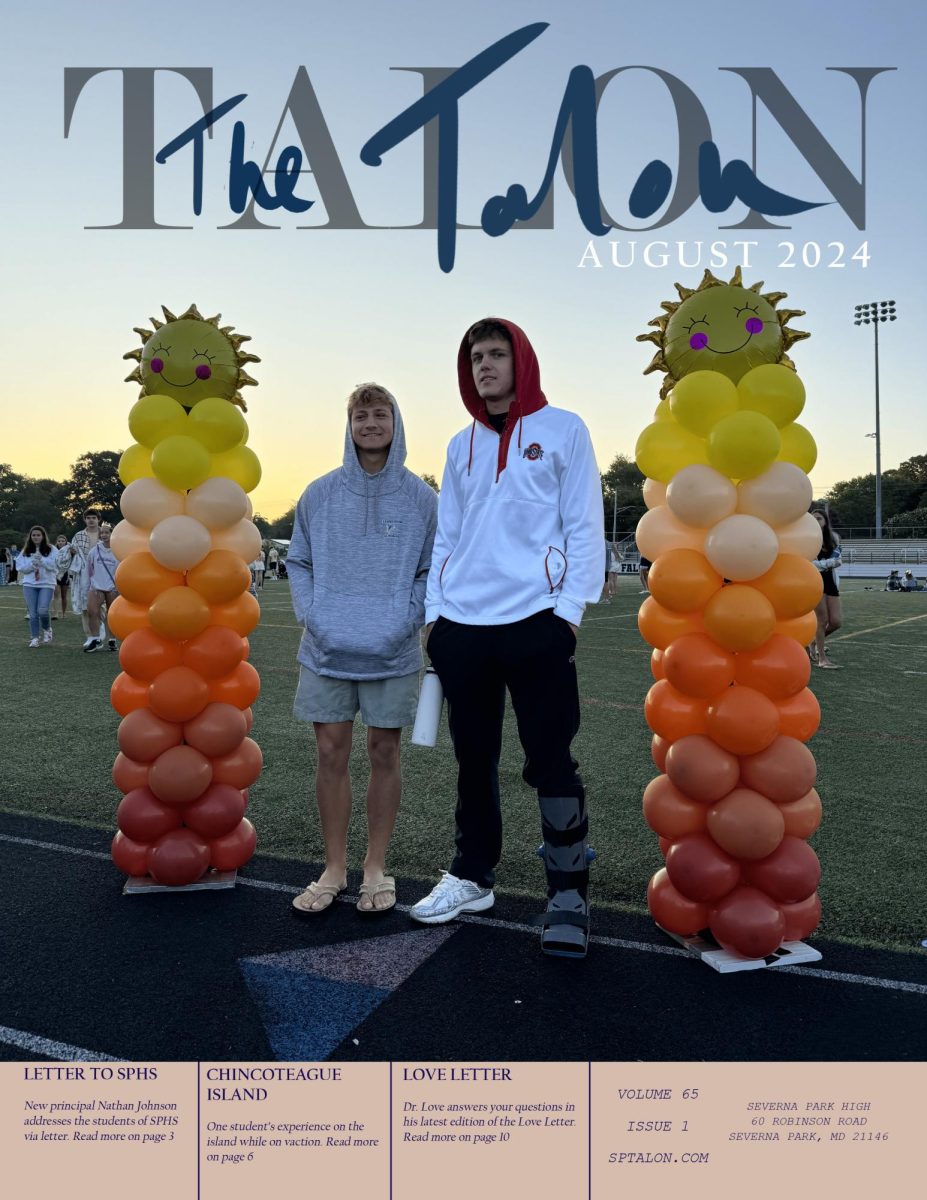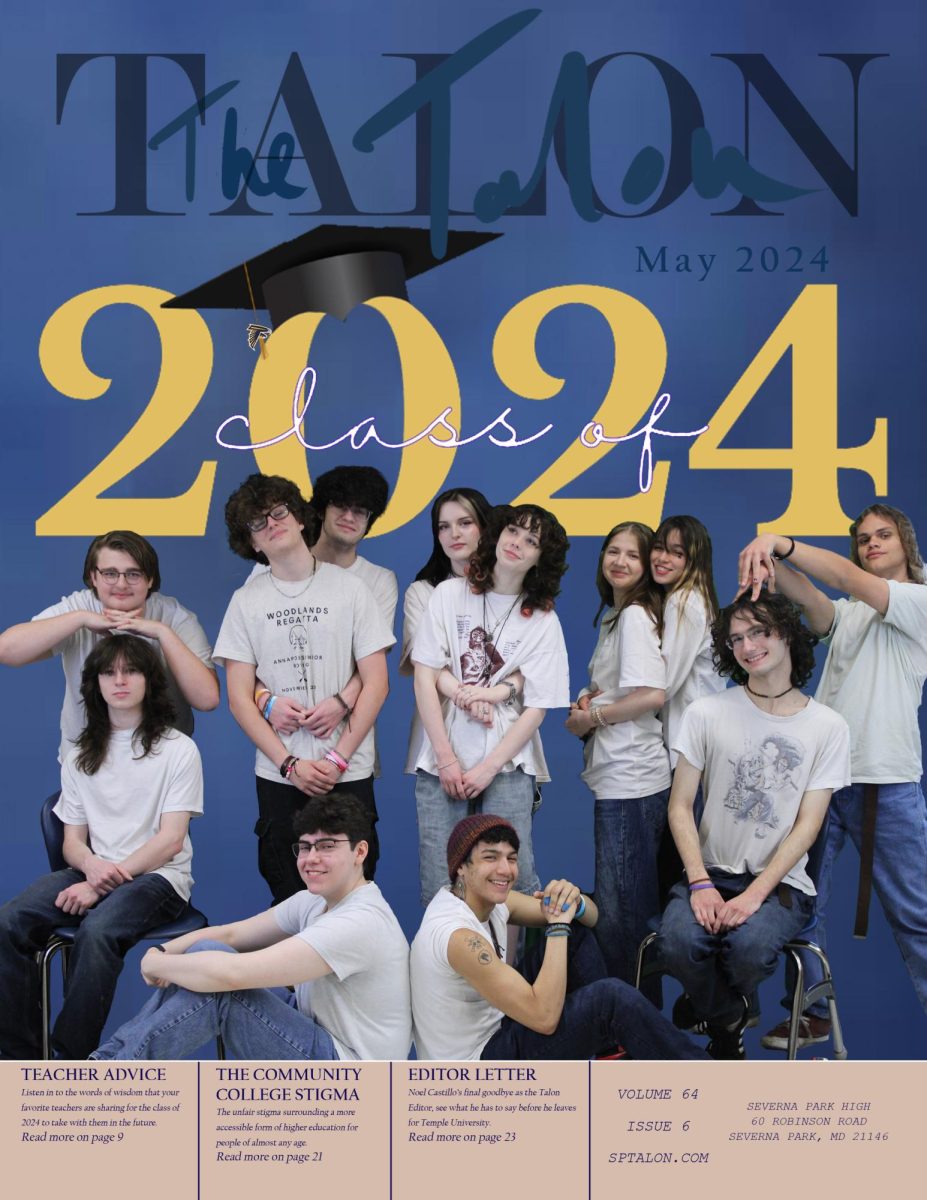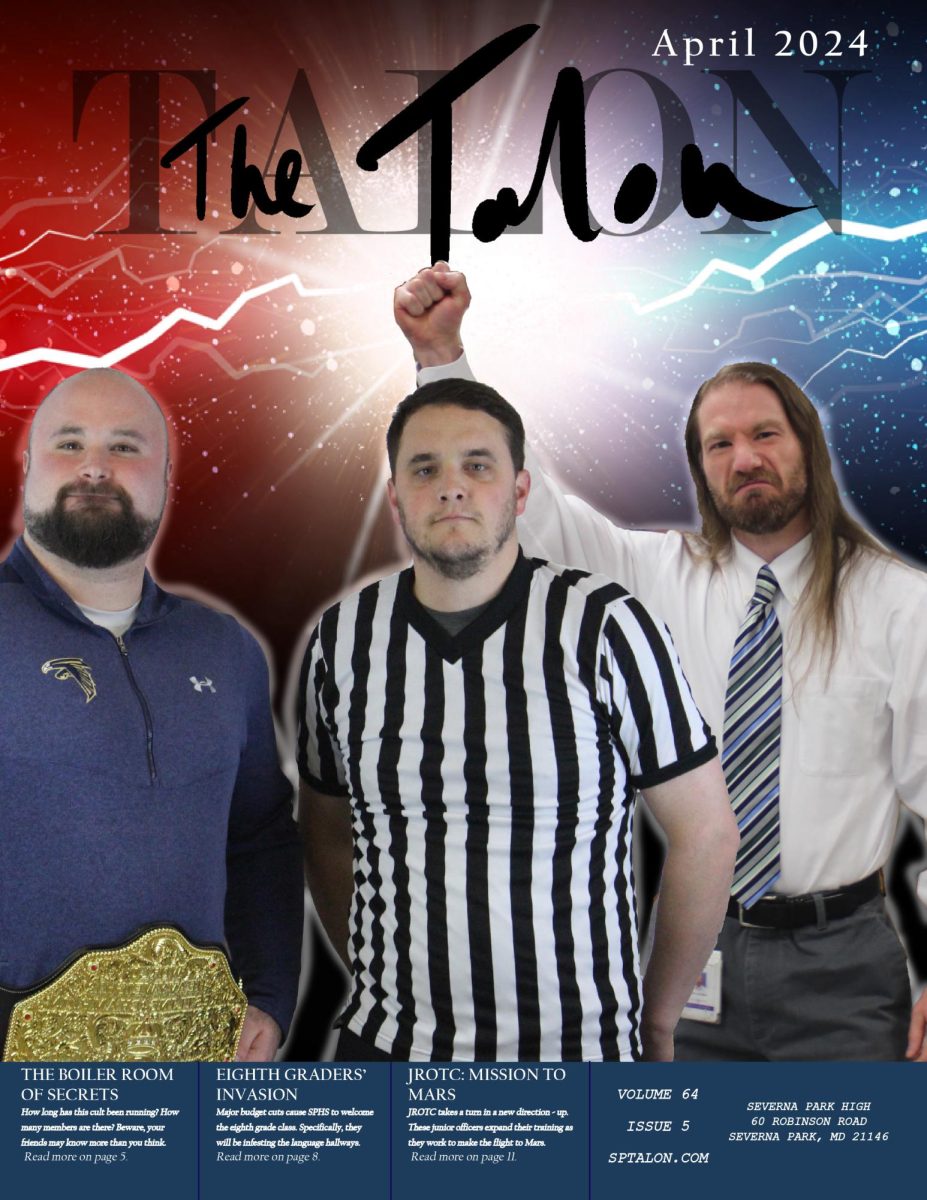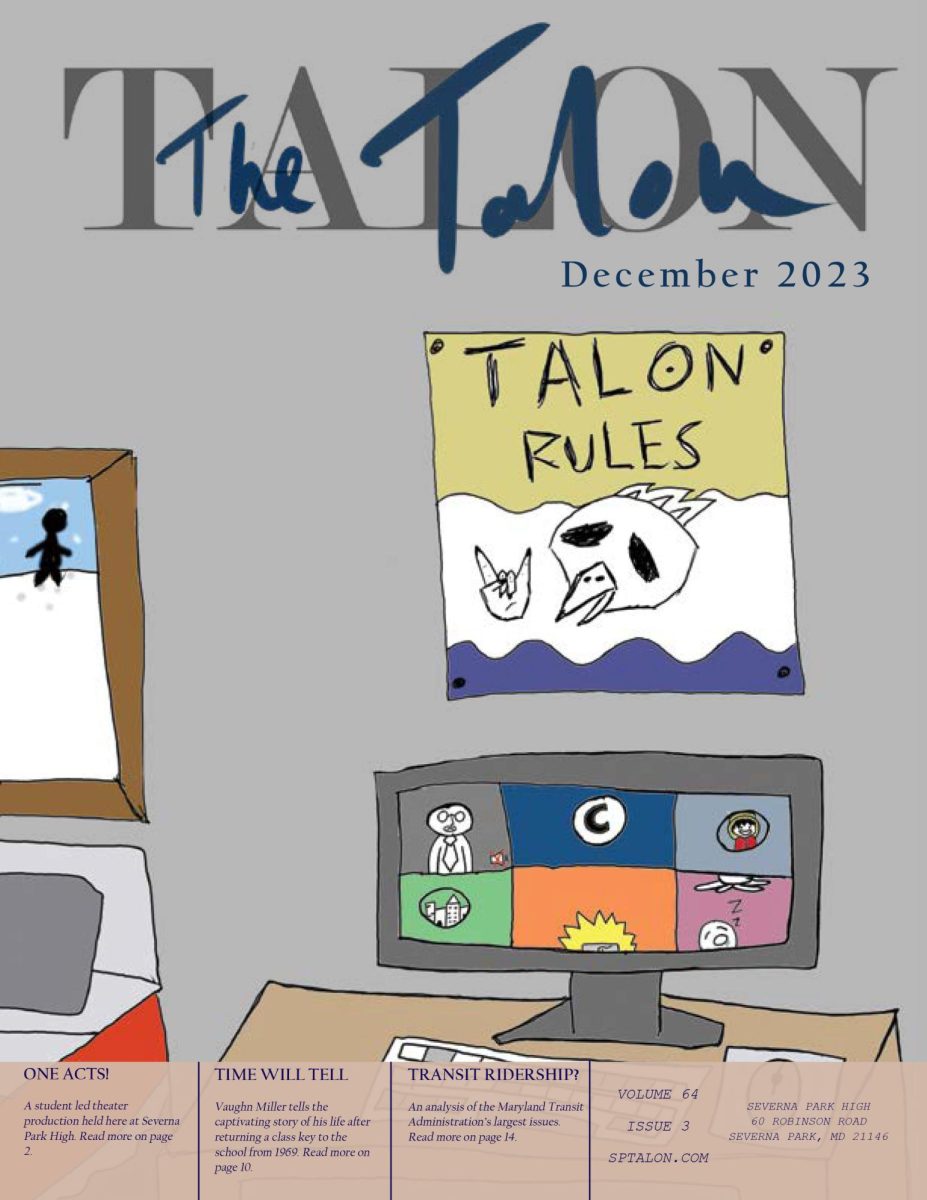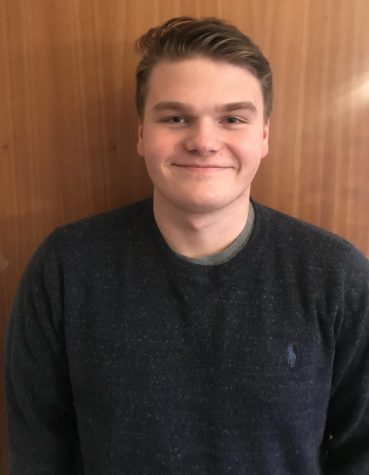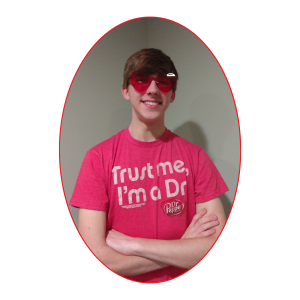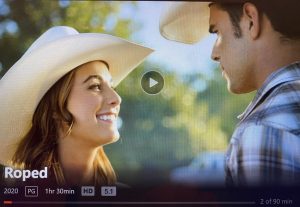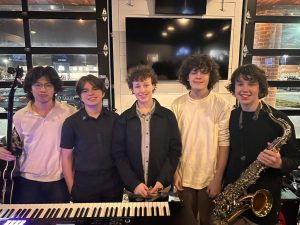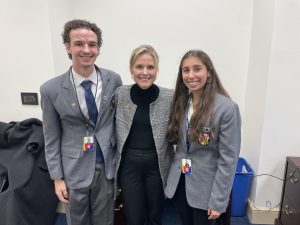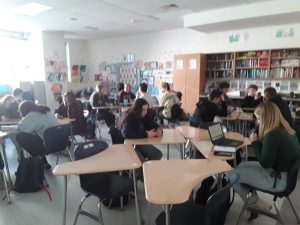Hearing from Students
A One-on-One with Maryland General Assembly Delegate Heather Bagnall.

Photo courtesy of Delegate Bagnall.
Delegate Bagnall represents District 33 in the Maryland General Assembly. Her district covers Severna Park, Crofton, and most of central Anne Arundel County. She was first elected in 2018 and currently serves on the Health and Government Operations committee and the Public Health and Long-Term Care subcommittees.
March 3, 2021
Delegate Bagnall represents District 33 in the Maryland General Assembly. Her district covers Severna Park, Crofton, and most of central Anne Arundel County. She was first elected in 2018 and currently serves on the Health and Government Operations committee and the Public Health and Long-Term Care subcommittees. She agreed to sit down with the Talon to answer questions about student voices, mental health, and what it is like to be a Delegate.
For those reading who do not know, who are you and what do you do as a Delegate?
I am Delegate Heather Bagnall from Anne Arundel County, District 33, and there is a lot I do as a Delegate. Currently we are in the middle of the legislative session, which is when we work on legislation and the budget. During the legislative session, we still do constituent services, which is actually the lion’s share of what I do. Constituent service is exactly what it sounds like: we get contacted by constituents who have a concern, and we try to find a solution.
Why did you run to become a Delegate?
Before I was in office, I spent 30 years working in the arts. When you work in the arts you work with a lot of marginalized communities, and after the 2016 election I became quite alarmed that people that I knew were in jeopardy. I decided to run for state office because I knew that federally I could not do anything. I had no political heritage and Congress at that point was pretty much a stalemate. I felt that maybe I could at least work at the state level and keep others around us safe.
You are a playwright as well as a Delegate, how has being in the theater and the arts helped you as a Delegate?
It helps so much! Good, comprehensive legislation is very similar to a play. When we are talking about good legislation with multiple stakeholders and you are trying to compromise to address all their different needs, it is very similar to pulling things together to make a narrative for a play. It has also given me a better eye as I am working on legislation. I am able to step back and think how this will affect communities and what are the unintended consequences of the legislation. I feel like having that background has made me a better legislator.
You have sponsored bills like House Bill 132 and House Bill 377 that aim to combat the mental health crisis in our school system. What influenced you to introduce these pieces of legislation?
The fact that we do not have a robust mental healthcare system like our robust physical health care system is extremely important. We need to adapt how we provide services, how we address services, how we talk about them, and really normalize mental health care as preventative care. The influence for 132 was talking with Our Minds Matter, a group that formed out of Severna Park. To get mental health treatment, you have to be 16 without the consent of your parents. House Bill 132 will lower the consent age for mental health treatment to 12. House Bill 377 came out of the work that we were doing on House Bill 132. What we discovered is that in an educational setting, the rules for mental health services are different. House Bill 377 will create a commission made up both of educators and health professionals to see how behavioral and mental health services can be improved in the school system.
What has been the biggest challenge you faced as a Delegate?
I think the biggest challenge has been COVID. It has been a huge challenge because it has revealed what we cannot do for my constituents. We have had to be very creative in getting people help when they get stuck in the system.
Who is your hero and why?
One of my heroes is Elizabeth Warren. She is my legislative hero because she is very good at taking big comprehensive policy and breaking it down into digestible understandable bites. She is also unafraid of big structural change, which I think at times can be essential. Even more so when we have had something upsetting our norms. We need big changes to adapt to everything that has changed.
Some people have quotes that they live by, do you have such a quote and if so, what is it?
The one that I try to live by the most is, “You never know what someone else is going through, so be kind.” It has been attributed to different people, such as Robin Williams and Fred Rogers. Sometimes kindness is misunderstood. People associate kindness with weakness, but kindness is a strength. When I was teaching with the PVA program, even though I was teaching theater games, I was really teaching communication and empathy. We would talk about the fact that you do not know if what you say is the thing that is the last straw for someone else or their lifeline.
Some representatives in the Maryland General Assembly provide internships to civically engaged students, does your office offer them as well?
We do not have a specific program, but we do offer them. We work with the college internship program. We also offer internships as they are requested and model them after the person’s skills and interests, but we do not have a specific program.
What advice would you give to a student who wants to get involved in government?
I would say start local and work out from there. Government is everywhere, and sometimes we forget about local government. In some ways, local government is more impactful and immediate. You can identify an issue and a solution right in your own backyard. My answer to young people who ask me about getting involved in government is that I am a case study for there is no one path and there is no wrong path. I did not have grand aspirations to be in politics. I just felt called to serve in a time of very great need. I think young people that feel a calling to public service can identify what to do and go after it. Whether it is your school, your community, or the County Council, there is no wrong path because there are a lot of avenues.
Would you like to tell our readers anything else?
I like to say, “It is important to recognize that even before you have a vote, you have a voice.” I think elected officials sometimes forget that just because you cannot vote for them, it does not mean they do not represent you. You are a constituent of your legislators, remind them of that and hold them accountable. It is important for young people to be heard. There are issues that they bring to us that somebody else might not have seen. If you have an issue, ask for a meeting and remember who gave you a meeting. While you may not get a meeting with the legislator directly the first time, it is a lost opportunity for both of us if we do not hear from you.
E-mail: [email protected]
@DelegateHeatherBagnall
www.heatherbagnall.com

